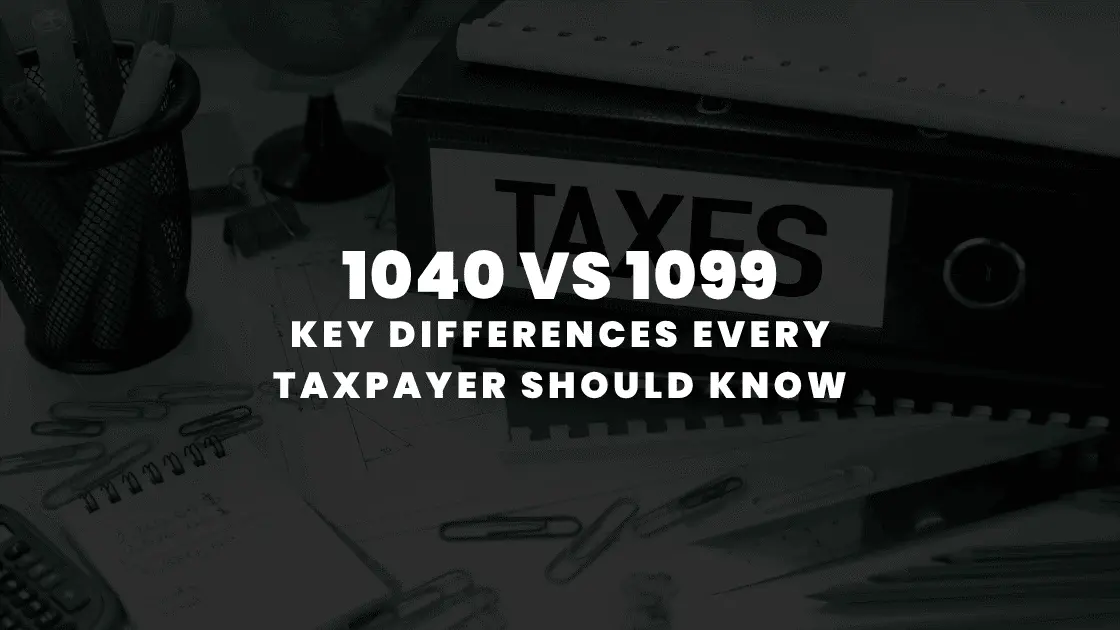June 26 2023 | By Wajiha Danish | 6 minutes Read

What is FUTA?
Who needs to pay FUTA?
1. FUTA Reporting Requirements – Businesses
2. FUTA Reporting Requirements – Household Employers
3. FUTA Reporting Requirements – Agricultural Employers
4. FUTA Reporting Requirements – Other Employers
How to calculate FUTA?
Step 1: Determine the taxable wages for each employee
Step 2: Calculate the FUTA tax liability for each employee
Step 3: Calculate the total FUTA tax liability
Step 4: Determine if the employer is eligible for a credit
Step 5: Calculate the reduced FUTA tax liability
In a Nutshell
FUTA is a federal law that requires employers to pay unemployment taxes to support the federal-state unemployment insurance program. The program provides temporary financial assistance to workers who have lost their jobs through no fault. The tax rate is 6% on the first $7,000 of each employee’s wages per year, and employers may receive a credit of up to 5.4% if they also pay state unemployment taxes.
FUTA aims to provide a safety net for workers who lose their jobs due to economic downturns, plant closings, or other reasons beyond their control. The funds collected through FUTA are used to pay unemployment benefits to eligible workers and to support the administration of the unemployment insurance program at the federal and state levels. FUTA is administered by the Internal Revenue Service (IRS), which collects taxes from employers and uses them to fund the federal portion of the unemployment insurance program. State unemployment taxes fund the state portion, also paid by employers.
Employers must file Form 940, Employer’s Annual Federal Unemployment (FUTA) Tax Return, with the IRS annually. This form reports the employer’s total FUTA tax liability for the year and any credits for state unemployment taxes paid.
Employers must understand and comply with FUTA requirements to avoid penalties and ensure that they contribute to the unemployment insurance program as required by law. Employers who fail to pay FUTA taxes or file Form 940 on time may face penalties and interest charges.
Now we will discuss who needs to pay FUTA and the reporting requirements for different types of employers.
Businesses that have employees must pay FUTA tax. Employers are required to pay FUTA tax if they meet any of the following criteria:
– If they paid employees wages of $1,500 or more in any calendar quarter during the current or previous year.
– If they had one or more employees for at least part of a day in any 20 or more different weeks during the current or previous year.
– If they acquired all or part of a business with one or more employees during the current or previous year.
Employers must file Form 940, Employer’s Annual Federal Unemployment (FUTA) Tax Return, to report and pay FUTA tax. This form is due annually by January 31 of the following year.
Household employers employ household workers such as babysitters, nannies, caregivers, and housekeepers. Household employers are required to pay FUTA tax if they pay cash wages of $2,500 or more to any household employee during the current or previous year.
Household employers must file Form 940 like businesses to report and pay FUTA tax. The form is due annually by January 31 of the following year.
Agricultural employers engage in agricultural labor, including farm workers and crew leaders. Agricultural employers must pay FUTA tax if they pay cash wages of $20,000 to agricultural workers in any calendar quarter during the current or previous year.
Agricultural employers must file Form 943, Employer’s Annual Federal Tax Return for Agricultural Employees, to report and pay FUTA tax. This form is due annually by January 31 of the following year.
Some employers are not classified as businesses, households, or agricultural employers but must still pay FUTA tax. These employers include:
– State and local governments
– Indian tribal governments
– Nonprofit organizations
– Churches and religious organizations
These employers must pay FUTA tax if they pay employees wages of $1,500 or more in any calendar quarter during the current or previous year. Like businesses, they must file Form 940 to report and pay FUTA tax.
FUTA (Federal Unemployment Tax Act) tax is a payroll tax employer in the United States must pay to provide unemployment benefits to eligible workers who lose their jobs. The FUTA tax rate is 6% of the first $7,000 in employee wages yearly. However, if an employer is eligible for a credit of up to 5.4%, the FUTA tax rate can be reduced to 0.6% (6% – 5.4%). Here is an example of how to calculate FUTA tax liability:
Let’s say that an employer has three employees with the following wages for the year:
– Employee A: $8,000
– Employee B: $6,000
– Employee C: $4,500
Since the FUTA tax only applies to the first $7,000 of each employee’s wages, we need to determine the taxable wages for each employee:
– Employee A: $7,000 (the first $7,000 is taxable)
– Employee B: $6,000 (all wages are taxable)
– Employee C: $4,500 (all wages are taxable)
For each employee, we need to calculate the FUTA tax liability by multiplying their taxable wages by the FUTA tax rate of 6%:
– Employee A: $7,000 x 6% = $420
– Employee B: $6,000 x 6% = $360
– Employee C: $4,500 x 6% = $270
To calculate the total FUTA tax liability, we need to add up the FUTA tax liabilities for each employee:
$420 + $360 + $270 = $1,050
If the employer is eligible for a credit of up to 5.4%, their FUTA tax rate can be reduced to 0.6%. In this example, let’s assume that the employer is eligible for the full credit of 5.4%.
To calculate the reduced FUTA tax liability, we need to multiply the total FUTA tax liability by the reduced tax rate of 0.6%:
$1,050 x 0.6% = $6.30
Therefore, the employer’s annual FUTA tax liability is $6.30.
In summary, FUTA is a federal law that requires employers to pay unemployment taxes to support the federal-state unemployment insurance program. The taxes collected are used to pay unemployment benefits to eligible workers and support the program’s administration at the federal and state levels. Employers must file Form 940 with the IRS annually to report their FUTA tax liability and any credits for state unemployment taxes paid.
Also Read: How Are Payroll Taxes Calculated – A Step-By-Step Guide
Subscribe for business tips, tax updates, financial fundamentals and more.
MORE BLOGS

Running a small business means every dollar matters. You work hard to earn revenue, manage expenses, and grow steadily, yet tax time often feels like money […]
Learn More →
Tax season can be overwhelming, especially when you’re staring at multiple forms with numbers instead of names. Two of the most common, and often misunderstood, are […]
Learn More →
Working extra hours can feel rewarding, after all you’re putting in more time, showing dedication, and earning more money. But when you look at your paycheck, […]
Learn More →